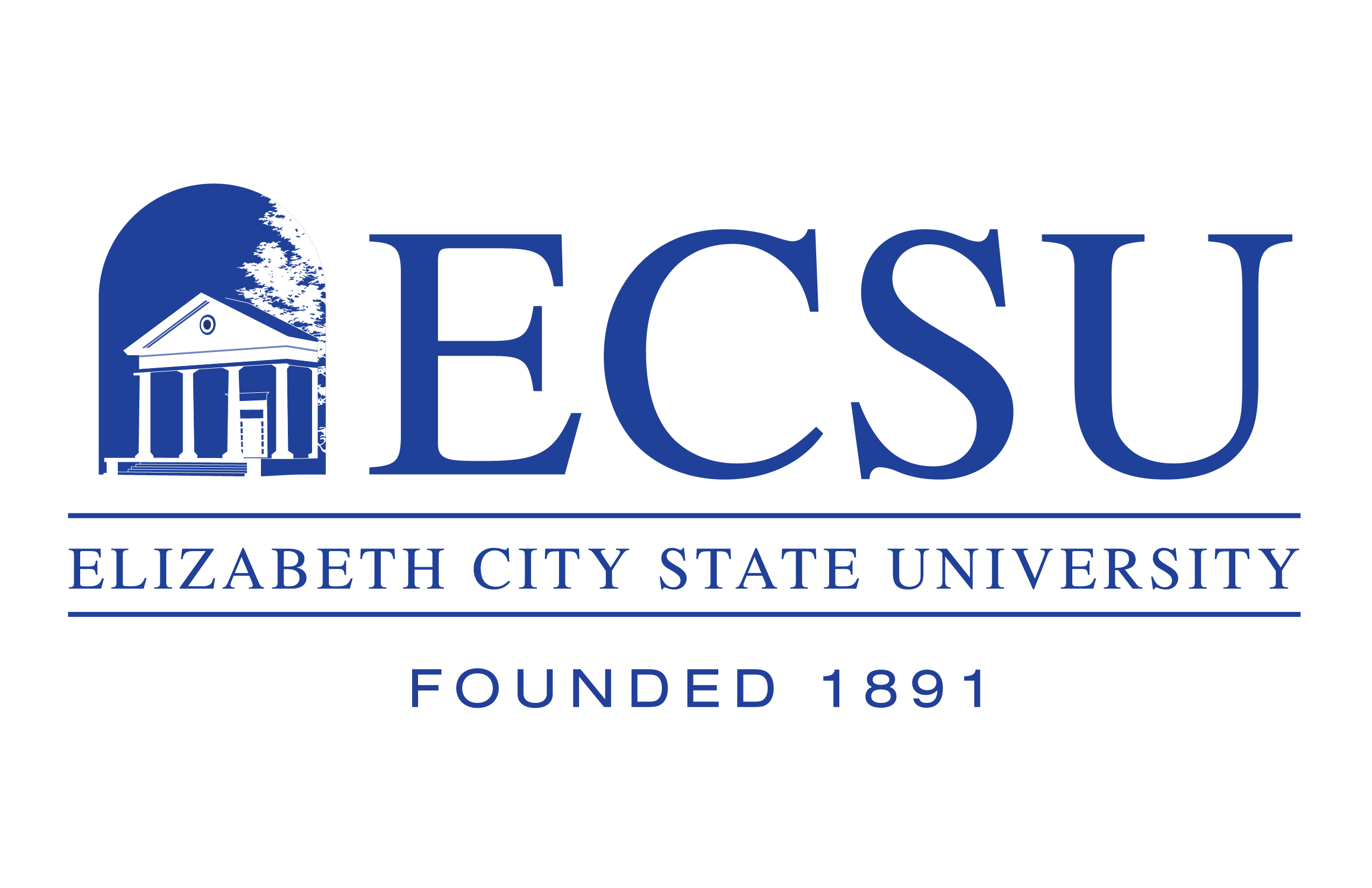Elizabeth City, N.C. — Elizabeth City State University (ECSU) is making strides in plant biotechnology with funding from a new National Science Foundation (NSF) grant to understand how plants regenerate from existing tissues. Margaret Young, associate professor of biology and faculty expert in plant tissue culture, will lead ECSU’s efforts as part of a larger $3 million grant and collaboration with Rutgers University, Virginia Techand Cold Spring Harbor Laboratory.
“Plant tissue culture is one of the main ways to introduce new genes into plants,” Young explained. “These genes will allow plants to adapt to the changing environment.”
The research will focus on studying genes that help plants regenerate, known as morphogenic factors. Using maize (corn) lines, the team will investigate these factors at anatomical and molecular levels. “Once understood, these factors could be used to transform any plants,” Young said. The findings could make it easier to modify plants to withstand challenges like drought, pests and disease.
At ECSU, the grant will also enhance student learning. Young will develop hands-on undergraduate research experiences in botany and molecular biology courses. Students will participate in cutting-edge experiments such as using advanced techniques like protoplast culture, which allows faster gene analysis.
“Undergraduate researchers will have projects tied to the grant and opportunities to intern at other institutions,” said Young. “This gives them exposure to other research cultures, which is a vital step for graduate study and career development.”
Young praised the collaboration with other institutions, noting the complementary expertise each partner brought to the project. “This was a delightful collaboration,” she said. “My expertise in plant tissue culture, transformation and developing real-world undergraduate labs intersected very well with my collaborators.”
In addition to research, the grant will support workshops to teach advanced techniques like gene editing and plant transformation. ECSU students will help test these methods, ensuring their reliability for broader scientific use.
“This research has the potential to solve long-standing problems in plant regeneration,” said Young. “By addressing these issues, we can enable major crops to adapt faster to environmental challenges.”
Young sees the grant as a professional milestone as well. “I will be trained in RNA sequencing and protoplast culture,” she said. “These are skills I can bring to ECSU to enhance our labs and research.”
The grant showcases ECSU’s role in addressing global agricultural challenges while providing valuable opportunities for students to engage in meaningful research and prepare for future careers.
For further information on the work in bioenergy crop transformation, visit ECSU’s Department of Natural Sciences.

